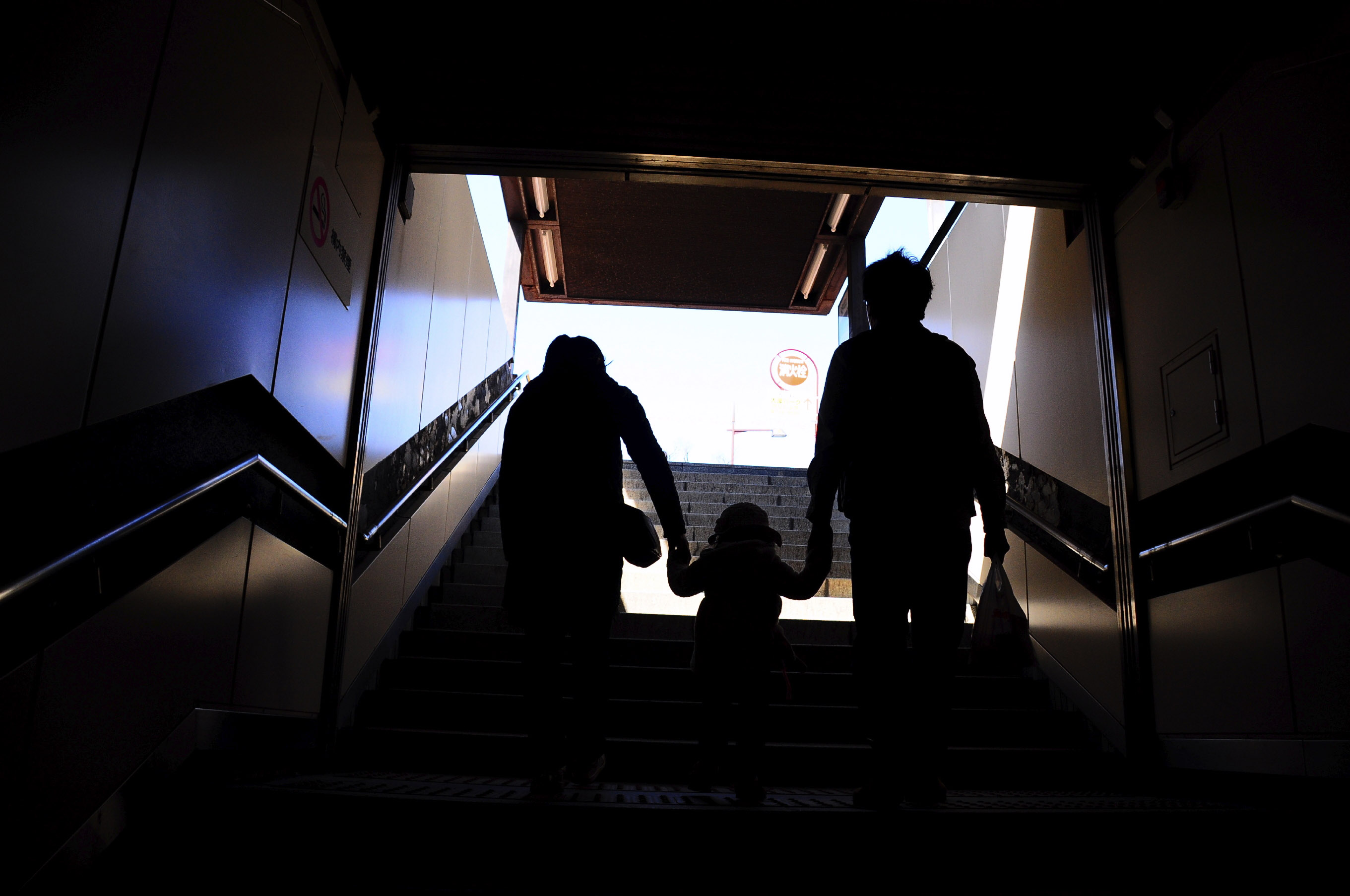Whenever a fatal child abuse case makes headlines, child consultation centers often come under fire for failing to take steps to prevent the death.
The centers, however, are having increasing difficulty handling the surging number of calls by people alerting them to suspected child abuse.
And when they are told in advance, a shortage of staff means child welfare officials are sometimes unable to focus on serious cases that need immediate help, experts say.


















With your current subscription plan you can comment on stories. However, before writing your first comment, please create a display name in the Profile section of your subscriber account page.